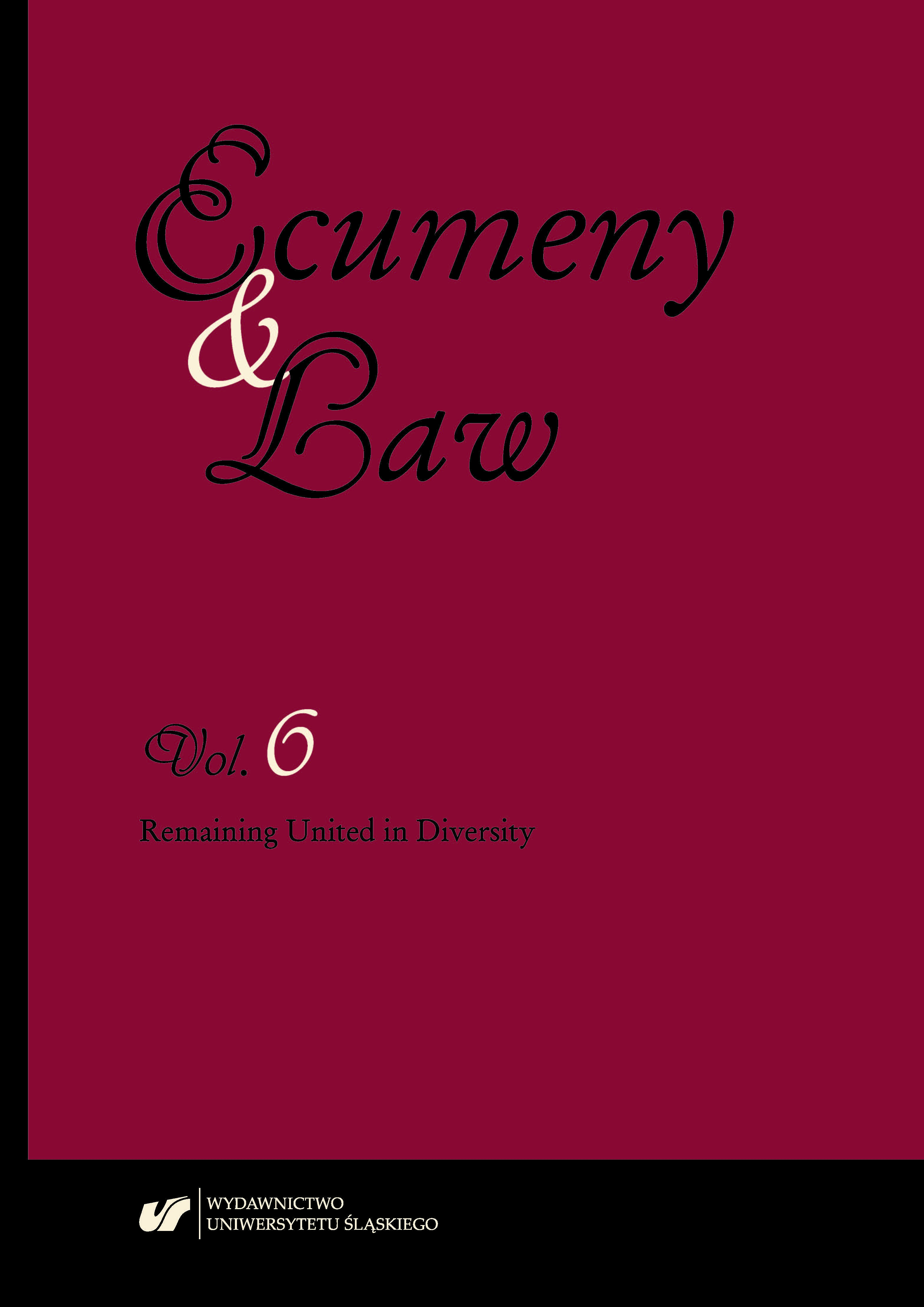Constantine the Great — a Precursor of Ecumenism?
Constantine the Great — a Precursor of Ecumenism?
Author(s): Robert SamselSubject(s): Law, Constitution, Jurisprudence, Theology and Religion
Published by: Wydawnictwo Uniwersytetu Śląskiego
Keywords: Constantine the Great; ecumenism;Christian unity;
Summary/Abstract: Constantine the Great was undoubtedly a colourful character and divisive to some extent. He left significant mark in the history of Christianity, owing to his presence and commitment that led in the 4th century, through specific activities, to establishing Christians’ unity. Firstly, the unity expressed itself in the ability of professing faith freely and abiding by it. Secondly, the very testimony of Constantine’s life and his decisions confined heresies that were threatening the orthodoxy of Christian doctrine, especially the heresy of Arianism and pagan beliefs. The presented text has proved there are sufficient number of arguments to justify calling Constantine “a pioneer of ecumenism.” The results of analysis has led to two conclusions. Firstly, given the notion of ecumenism at times of Constantine, one must conclude that the emperor was not merely a pioneer but an implementer of ecumenism. His endeavour to expand the territory of the empire, strengthening political power, unification of culture and religion by promoting Christianity — served the expansion and unity of the Roman Empire. Secondly, Constantine can be perceived as the one who discovered the value of Christian unity and struggled to achieve it in his idiosyncratic way.
Journal: Ecumeny and Law
- Issue Year: 2018
- Issue No: 6
- Page Range: 97-113
- Page Count: 17
- Language: English

